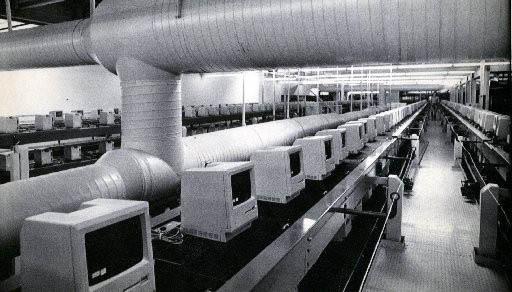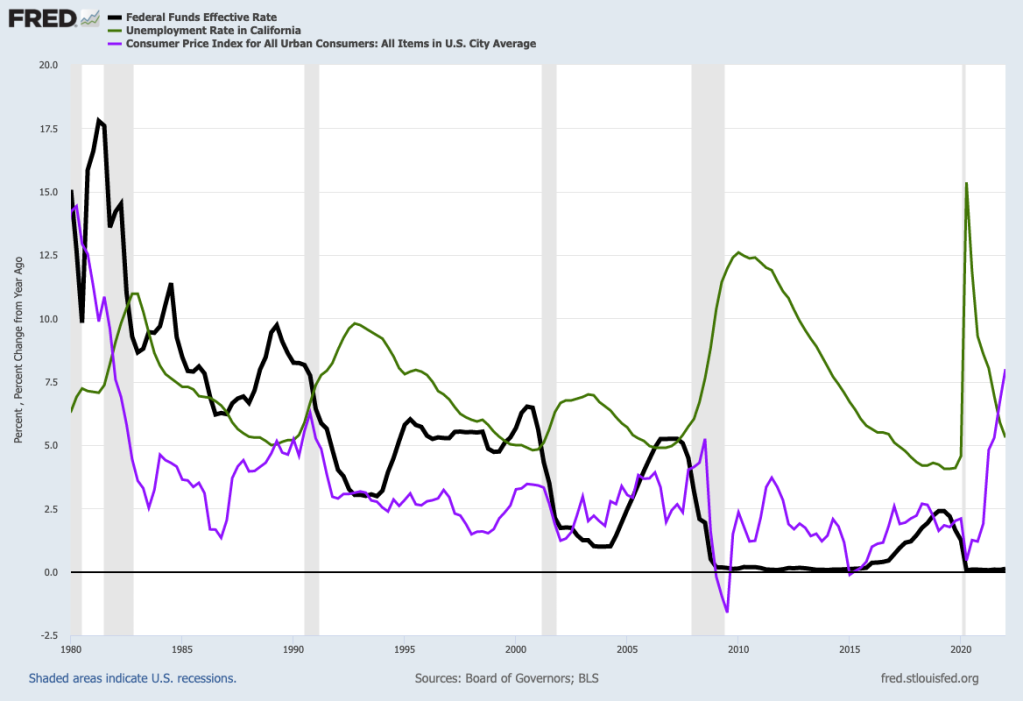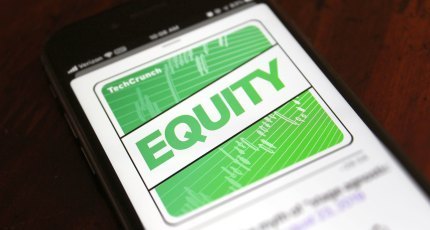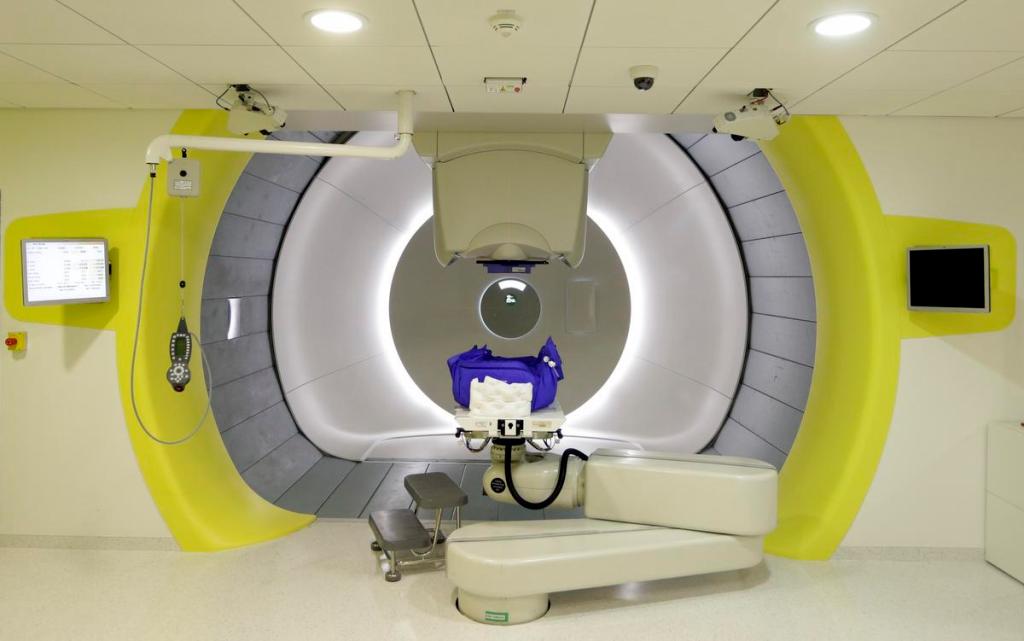Right now, one of Apple’s biggest issues is the possibility that iPhones, which it makes in China, could fall victim to new U.S. tariffs if the United States and China fail to resolve their trade differences during a 90-day cooling off period between the two countries.
![]() In addition to iPhones, Apple makes its Mac computers in China. Making electronics in Asian countries is a common practice among the world’s biggest tech companies.
In addition to iPhones, Apple makes its Mac computers in China. Making electronics in Asian countries is a common practice among the world’s biggest tech companies.
But, if the plans of Steve Jobs had worked out, Apple’s computers — and, possibly, other products — might all have been made here in the Bay Area.
A report from the New York Times details how Jobs oversaw the building of a manufacturing plant in Fremont designed to build Apple’s then-revolutionary new Macintosh computers. Apple began building the facility in 1983 with the intention of mixing Henry Ford-style mass assembly practices with the production capabilities and product quality of Sony. The Times article says that at the time of the plant’s construction, Jobs said it would be so technologically advanced that factory labor costs would account for just 2 percent of a Mac’s sticker price.
However, Jobs’ grand plans never reached fruition.
While Apple built the plant Jobs envisioned, Apple was never able to incorporate mass-manufacturing practices to such a degree that Macs could be built in a timely manner. The company also suffered from a lack of demand for its Macs that made it so operating the Fremont plant became less and less feasible over time. Apple eventually shuttered the facility in 1992.
Jobs had been long gone from Apple by then; he left the company in 1985 after losing a power struggle with then-Chief Executive John Sculley. Jobs eventually returned to Apple in 1997, then soon hired Tim Cook to revamp the company’s supply chains. Cook’s work led to the company shifting its production overseas, and adding the label “Designed by Apple in California. Assembled in China,” which appears on Apple products to this day.










